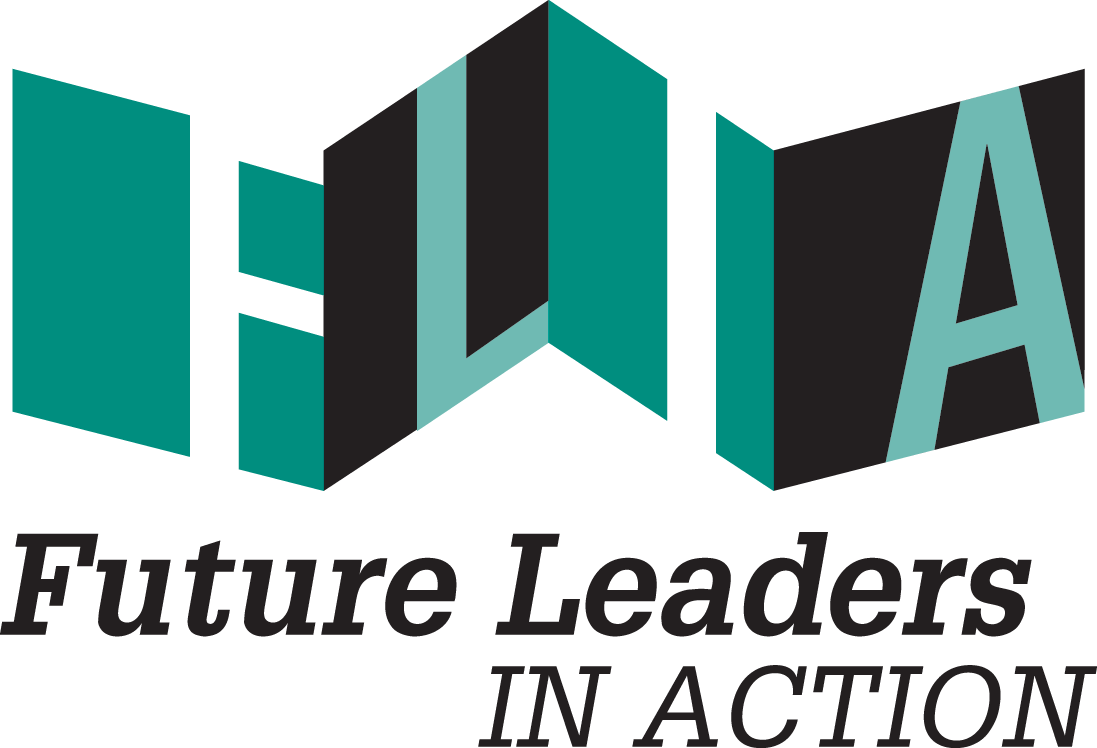Clare’s values, mission statement and mantra on her desk at Fiver Children’s Foundation with a stuffed bunny, Fiver’s mascot.
In “Defining Mission, Vision, Values”, Terrie Temkin states that your mission statement is your “purpose statement, your raison d’etre. It specifies what you do and ideally, how you go about doing it.”
Most non-profit organizations have mission statements; these statements provide a clear and concise explanation of the organization's purpose and goal. My partner organization, Fiver Children’s Foundation, for example, states that “The Fiver Children’s Foundation is a comprehensive youth development organization that makes a 10-year commitment to children from underserved communities throughout New York City and central New York. Through character-building summer and year-round out-of-school time programs, Fiver empowers children to make ethical and healthy decisions, to become engaged citizens, and to succeed in school, careers, and life.”
At the start of FLIA, during our leadership training retreat, we engaged in a discussion on our personal mission statement, values, and mantra. Our values helped guide our mission statement or “raison d’etre” as well as our mantra, which we defined as more vision-oriented. Temkin also writes about the significance of organizations’ having vision-statements, “I believe that your vision is actually more critical… I define vision as a picture of how the community will in fact be different as a result of the organization having accomplished what it set out to do.”
In thinking about Temkin’s views on mission and vision statements, I sought to reflect more upon the values I identified during the FLIA retreat – justice, empowerment, authenticity, accountability, and consistency – and thus developed my own mission and vision for each of the values.
Justice
Clare’s Five Values:
Justice
Empowerment
Authenticity
Accountability
Consistency
My definition of justice is that all needs required for a dignified life are guaranteed for all people, regardless of their background and identities. Through access to resources and a safety net, all people are able to live full lives.
Empowerment
Empowerment is about self-determination. As someone working in the social sector who seeks to help empower marginalized communities, it is my belief that my role requires uplifting and supporting communities towards self-determination. It isn’t about being a voice for the voiceless rather, it is about using your role to amplify the voices of communities who are not historically listened to by those in power. Empowerment means that I center the experiences and knowledge of communities. Further, communities must be represented, have a seat at the table, and make decisions.
Authenticity
Authenticity is the act of being real and true to yourself and to your values. More than that, authenticity requires practice everyday in personal and professional relationship building. Ensuring these relationships are reciprocal and genuine is also important to authenticity.
Accountability
In the social sector, when you make a commitment to working with underserved communities towards change, you will have to make decisions that affect those communities. Accountability requires justifying those actions and decisions. Thus, individuals, organizations, and institutions who hold power must be held accountable, and should report to themselves and to communities.
Consistency
You show up to events and programs, and are there physically and listening fully. When you make promises, you keep and fulfill them.
Fiver Children’s Foundation’s Values
As an Outreach Fellow at Fiver Children’s Foundation, my role does not require working directly with youth or programs. My project requires creating a handbook to create systems, timelines, and recommendations for best practice. However, incorporating these values into my outreach project is incredibly important. Outreach is critical to informing youth and families of upcoming programs, events, and opportunities at Fiver; outreach should incorporate justice, empowerment, authenticity, accountability, and consistency. Are we reaching everyone with our outreach? Do we send messages in the languages our families speak? Do we use diverse methods of outreach to best suit everyone’s communications needs or preferences? Is our outreach timely, ensuring that everyone has enough time to respond or plan to attend programming? Is our messaging and timing consistent? If we are given feedback on outreach do we take the steps to incorporate it? And are we asking our families what outreach methods work best for them and giving them a seat at the table? These are the questions I developed after mulling over my values and intend on answering through my outreach project at Fiver.
In the same way that non-profit organizations develop mission and vision statements, as well as theories of change, it is important for individuals involved in the social sector to engage in similar reflection and develop clear values to guide our work. I am grateful that we kicked off our fellowship experience through development of our values and personal mission statements, and I am excited to see how I further engage with them throughout the next few weeks at Fiver.



